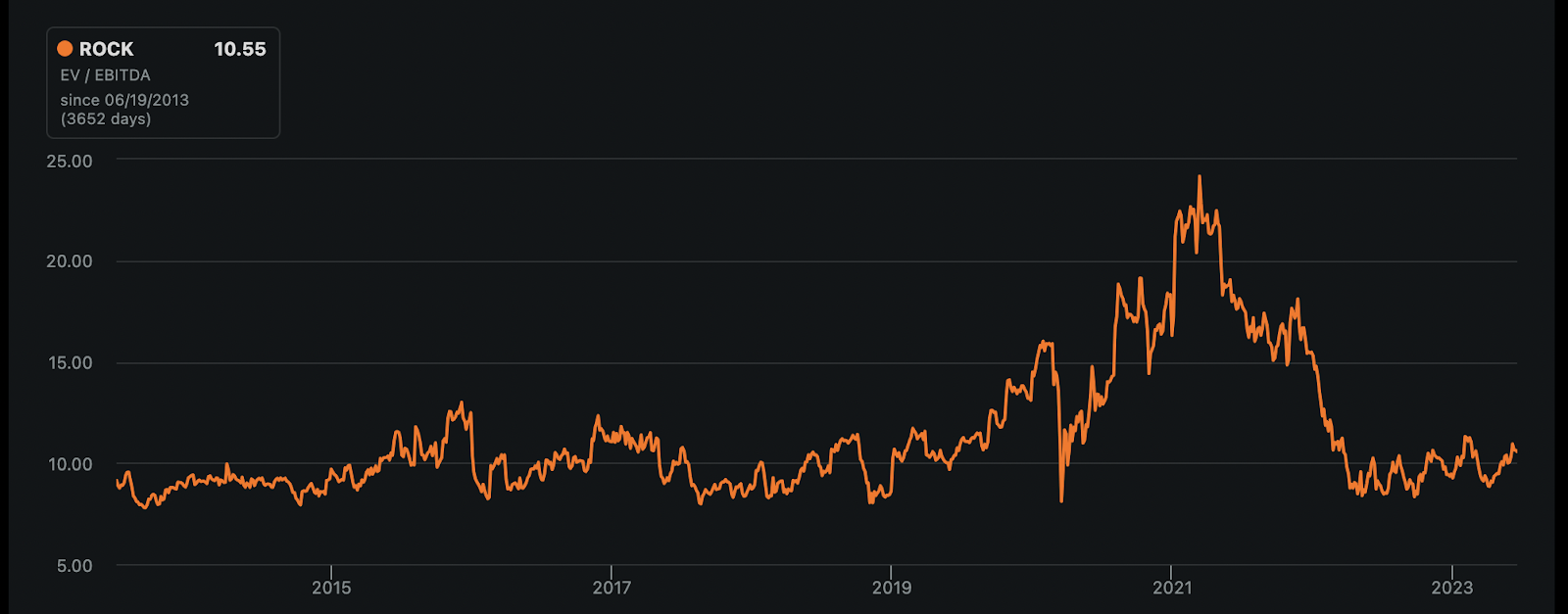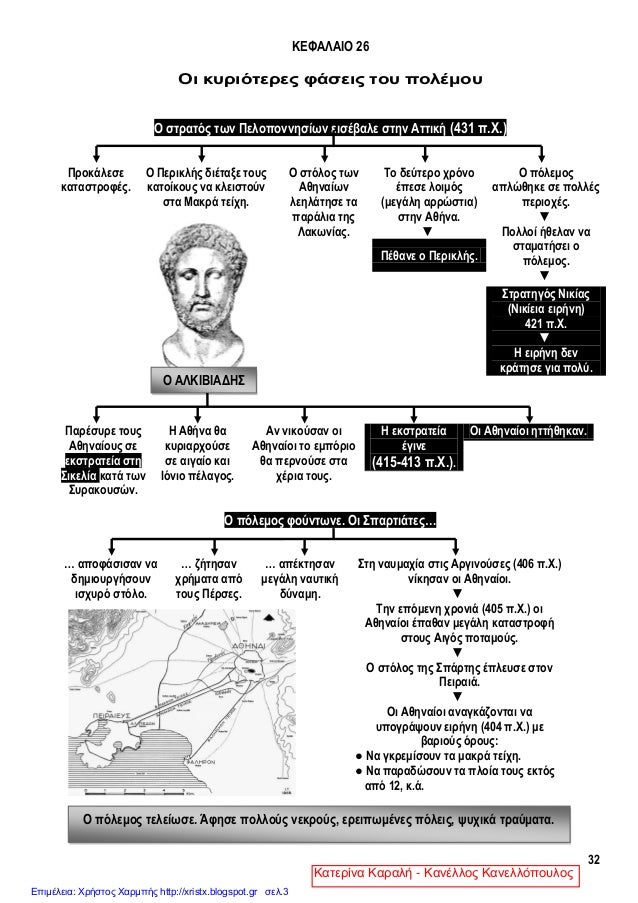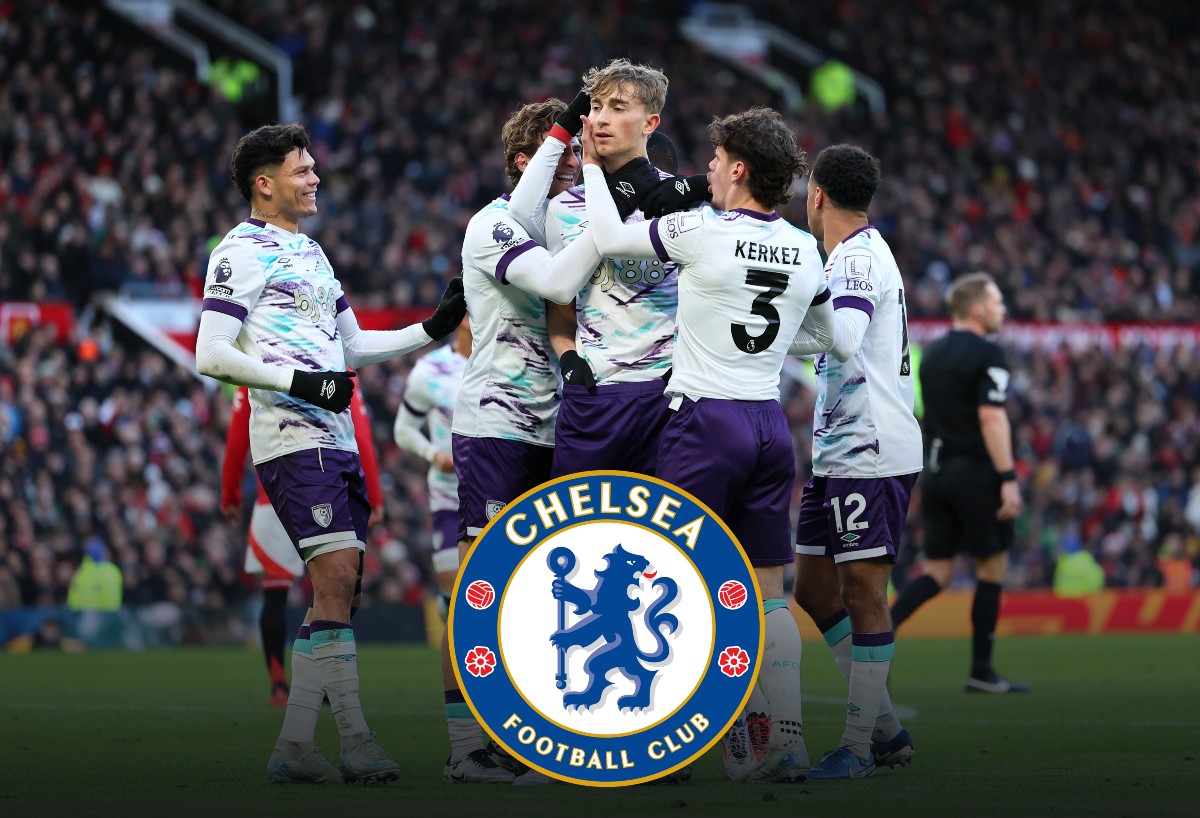FTC Vs. Meta: Understanding The Antitrust Implications For Social Media

Table of Contents
The FTC's Allegations Against Meta
The FTC's case against Meta rests on several pillars, all alleging anti-competitive behavior designed to maintain Meta's dominance in the social networking market.
Monopoly Power in Social Networking
The FTC argues that Meta, through a series of strategic moves, has leveraged its dominant market position to stifle competition. This alleged monopoly power allows Meta to control prices, limit innovation, and ultimately harm consumers.
- Examples of alleged anti-competitive practices: The acquisitions of Instagram and WhatsApp are central to the FTC's argument. These acquisitions, the FTC contends, were not about innovation but about eliminating potential rivals.
- Definition of a Monopoly: A monopoly exists when a single entity controls a significant portion of the market, often defined as over 70% market share. The FTC presents data demonstrating Meta's substantial market share in social networking, supporting their claim of monopolistic practices.
- Supporting Data: Statistics on daily and monthly active users across Meta's platforms (Facebook, Instagram, WhatsApp) are frequently cited, illustrating the sheer scale of Meta’s user base and market dominance. These numbers, in the FTC's view, demonstrate Meta's ability to control the social media landscape.
Anti-Competitive Acquisitions
The FTC's scrutiny centers on Meta's acquisitions of Instagram and WhatsApp. The commission claims these weren't organic market developments but "killer acquisitions" – strategic moves designed to neutralize emerging threats.
- Timeline of Acquisitions: The FTC details the timing of these acquisitions, arguing that they occurred precisely when Instagram and WhatsApp were starting to pose serious competition to Facebook.
- Killer Acquisitions: This concept describes acquiring a potential competitor not for integration but to prevent its growth and eliminate the threat of future competition. The FTC uses this framework to frame Meta's actions as anti-competitive.
- Meta's Counterarguments: Meta counters that these acquisitions fostered innovation and brought new features and services to users, ultimately benefiting the consumer.
Data Privacy Concerns as an Antitrust Issue
The FTC uniquely ties Meta's data practices to its antitrust violations. The argument is that Meta's vast data collection fuels its market dominance, creating a self-reinforcing cycle of power.
- Data Collection and Antitrust: The FTC alleges that the extensive data collected by Meta provides an unfair competitive advantage, allowing for highly targeted advertising and user manipulation.
- Data Dominance and Market Power: The sheer volume of user data collected by Meta is presented as a key component of its market power. This data allows for incredibly precise targeting, creating significant barriers to entry for new competitors.
- Relevant Regulations: The FTC's arguments also draw on relevant data privacy regulations like the GDPR (General Data Protection Regulation) and the CCPA (California Consumer Privacy Act), illustrating how Meta's practices may violate both antitrust and privacy laws.
Meta's Defense Strategies
Meta vehemently denies the FTC's allegations, employing several defense strategies.
Arguments Against Monopoly Claims
Meta refutes the assertion of a social media monopoly, highlighting the presence of strong competitors.
- Market Competition: Meta emphasizes the existence of other major social media platforms like TikTok, Twitter, Snapchat, and others, arguing that the market is far from monopolistic.
- Network Effects: Meta acknowledges the existence of network effects (the value of a platform increases with the number of users), but argues that this doesn't equate to a monopoly.
- Official Statements: Meta's official public statements and legal filings consistently deny any anti-competitive behavior and emphasize its commitment to innovation and user choice.
Justification for Acquisitions
Meta justifies the Instagram and WhatsApp acquisitions by focusing on their purported benefits to users and innovation.
- Benefits for Users: Meta highlights the improvements and new features brought to users following the acquisitions, suggesting that integration improved user experience and functionality.
- Vertical Integration: Meta argues that these acquisitions were examples of vertical integration, enabling them to enhance their existing offerings and improve overall efficiency.
- Expert Opinions: Meta may cite expert opinions supporting its claims regarding the benefits of the acquisitions and the competitive nature of the social media market.
Addressing Data Privacy Concerns
Meta defends its data practices by emphasizing user consent, data security measures, and transparency.
- User Consent: Meta maintains that it obtains user consent for data collection and that its data practices comply with relevant regulations.
- Data Security: Meta emphasizes its investments in data security and its efforts to protect user information from unauthorized access and breaches.
- Transparency: Meta points to its privacy policy and other public documents as evidence of its commitment to transparency in data handling practices.
Potential Outcomes and Implications
The FTC vs. Meta antitrust case could have far-reaching consequences.
Potential Legal Outcomes
Several potential outcomes exist, each with significant ramifications.
- Potential Remedies: Possible outcomes include substantial fines, forced divestitures (requiring Meta to sell Instagram or WhatsApp), and mandated changes to Meta's business practices.
- Legal Precedent: This case could establish a vital precedent, shaping future antitrust actions against large technology companies and influencing regulatory frameworks.
Impact on Social Media Competition
The outcome will undeniably impact the social media competitive landscape.
- Innovation: A ruling against Meta might spur innovation by encouraging the development of new social media platforms and fostering competition.
- User Choice: Increased competition could lead to more user choice, potentially offering a wider array of social media services and features.
- Market Structure: The case's outcome could significantly alter the structure of the social media market, potentially leading to a more fragmented and diverse ecosystem.
Implications for Data Privacy
The legal battles could strengthen data privacy regulations and enforcement.
- Stricter Regulations: The case could lead to stricter data privacy regulations and increase scrutiny of data collection practices by tech companies.
- Increased User Control: Future regulations might grant users greater control over their data and enhance their ability to manage how their information is collected and used.
Conclusion
The FTC vs. Meta antitrust lawsuit presents a complex and critical legal battle with profound implications for the social media landscape. The FTC alleges anti-competitive behavior, highlighting Meta's market dominance and questioning the legality of its acquisitions. Meta, in turn, vigorously defends its actions, emphasizing competition, user benefits, and compliance with data privacy regulations. The potential outcomes – fines, divestitures, or changes in business practices – will significantly impact competition, innovation, and user data protection. Stay updated on the FTC vs. Meta developments to fully understand the implications of this significant antitrust battle and its impact on the future of social media competition and user data protection. Follow the FTC vs. Meta Antitrust case closely to stay informed about its unfolding implications.

Featured Posts
-
 Megan Thee Stallion Guilty Verdict Tory Lanez And 50 Cents Responses
May 13, 2025
Megan Thee Stallion Guilty Verdict Tory Lanez And 50 Cents Responses
May 13, 2025 -
 Gibraltar Industries Rock Earnings Preview What To Expect
May 13, 2025
Gibraltar Industries Rock Earnings Preview What To Expect
May 13, 2025 -
 I Megalyteri Plimmyra Stin Istoria Tis Mesogeioy Aities Kai Epiptoseis
May 13, 2025
I Megalyteri Plimmyra Stin Istoria Tis Mesogeioy Aities Kai Epiptoseis
May 13, 2025 -
 Tory Lanez Deposition Conduct Megan Thee Stallions Contempt Motion
May 13, 2025
Tory Lanez Deposition Conduct Megan Thee Stallions Contempt Motion
May 13, 2025 -
 Schoduvel 2025 Braunschweig Karneval Im Livestream And Tv
May 13, 2025
Schoduvel 2025 Braunschweig Karneval Im Livestream And Tv
May 13, 2025
Latest Posts
-
 Teammate Confirms Liverpool Targets Impending Summer Move
May 14, 2025
Teammate Confirms Liverpool Targets Impending Summer Move
May 14, 2025 -
 Johan Derksen Onthult Donny Huijsen En De Verkeerde Vrienden Van Zijn Zoon Dean
May 14, 2025
Johan Derksen Onthult Donny Huijsen En De Verkeerde Vrienden Van Zijn Zoon Dean
May 14, 2025 -
 Deadline Day For Dean Huijsen Chelseas Transfer Push
May 14, 2025
Deadline Day For Dean Huijsen Chelseas Transfer Push
May 14, 2025 -
 Vandaag Inside Johan Derksen Over Donny Huijsen En Dean Huijsen
May 14, 2025
Vandaag Inside Johan Derksen Over Donny Huijsen En Dean Huijsen
May 14, 2025 -
 Huijsen Transfer Update Chelsea Aiming For June 14th Completion
May 14, 2025
Huijsen Transfer Update Chelsea Aiming For June 14th Completion
May 14, 2025
